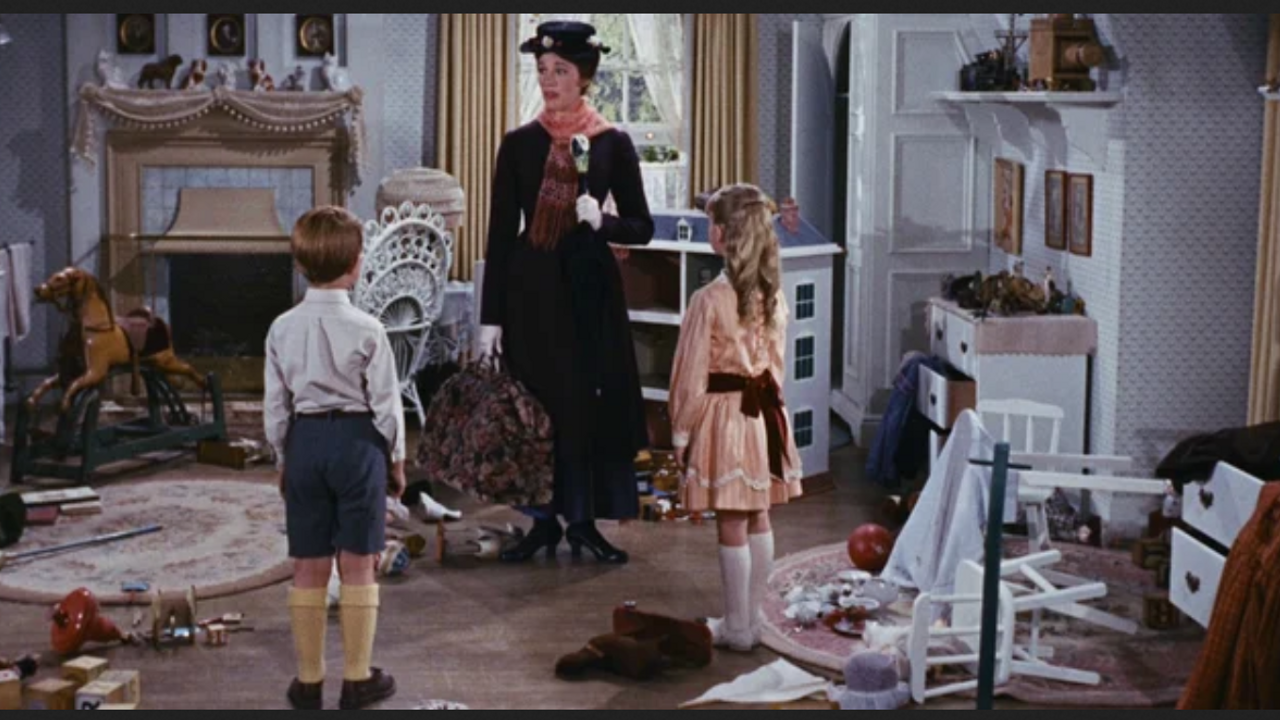What's the Story With Your Brain, Part 1
Jul 19, 2021
A little more than six months ago, when she was not quite three, my daughter awoke very upset, saying to my partner, “Mommy, I can’t read!” Of course I can’t be sure, but it seemed she was longing to be able to simply explore her books on her own (rather than being upset because she feels pressured to read from us, say. We don’t really have timelines for what she needs to be able to do when).
One of the wondrous things about being her dad is the expansive and probing illumination of her stories. She’ll flip through a book and tell herself a story about it. We do a lot of role play. Are you the submarine? I’m the piranha. Will you be the grocer? Let’s have lunch in the park. Pretend lunch. And as other parents will confirm, these imaginings come mostly from who knows where.
Besides being part of how we learn and remember things, story may be central to healthy neural function. Previously, we discussed how oxytocin activates a kind of “friend or foe” determination axis, and may be responsible for ethnocentric bias and behavior.
Ah, but there’s more to this peptide! According to neuroeconomist Paul Zak, stories that elicit emotion trigger the release of oxytocin, which then correlates with generosity. This 2013 study showed that watching certain PSAs (more than others) stimulated both release of hormones and empathic action. The difference between them was thought to be persuasive narrative arc. Zak writes, “when the PSA elicited an increase in both ACTH and oxytocin, donations were 261 percent higher than when one or both of these biomarkers did not rise.” In other studies, there is increasing evidence of this link between attention, affective engagement, and empathic action.
Two notes about this. First, it isn’t news that a good story moves us to action. Importantly, though, we’re talking about the same neuropeptide activity that appears to generate “friend or foe” judgments, where some characters are worthy of our love and protection, while others deserve their miserable fate. That suggests that there may be subtle power in the stories we tell, and the ones we experience through our chosen sources, say Fox, MSN, Facebook, Instagram, and so on.
Second, research shows that humans are not very good at identifying the stories that move us most powerfully. This is not necessarily about their “subliminal” influence (a topic for another day), but about us being terrible predictors of our own preferences, and that we underestimate the influence on us of persuasive media.
All of this research reinforces for me the pivotal role of the story. What is happening in the world right now? Doom? Hope? What is my daughter imagining? What stories am I helping her to cultivate, about this hilarious moment of play, about her future, about her being loved, about friends, about her boundaries, her emotions, her autonomy?
I’m also brought back to our community of EEGer practitioners, each working in your area, each contributing your part to a better global story. Finally, I think we share this longing: we want a world in which the mental health of our communities is understood as central, as primary, where we don’t wait for dysfunction, harm, or injury for it to become relevant.
Thinking of the work you all do, and this better story, reminds me of the vision expressed by author and teacher Donna Jackson Nakazawa that our work can help “the brain … respond to the world in a way that brings down this heightened stress threat response…” She asks, “how can we create a world – [and what] tools do we need – to send the human brain the message that we will be okay?”
Stay connected with news and updates!
Join our mailing list to receive the latest news and updates from our team.
Don't worry, your information will not be shared.
We hate SPAM. We will never sell your information, for any reason.
